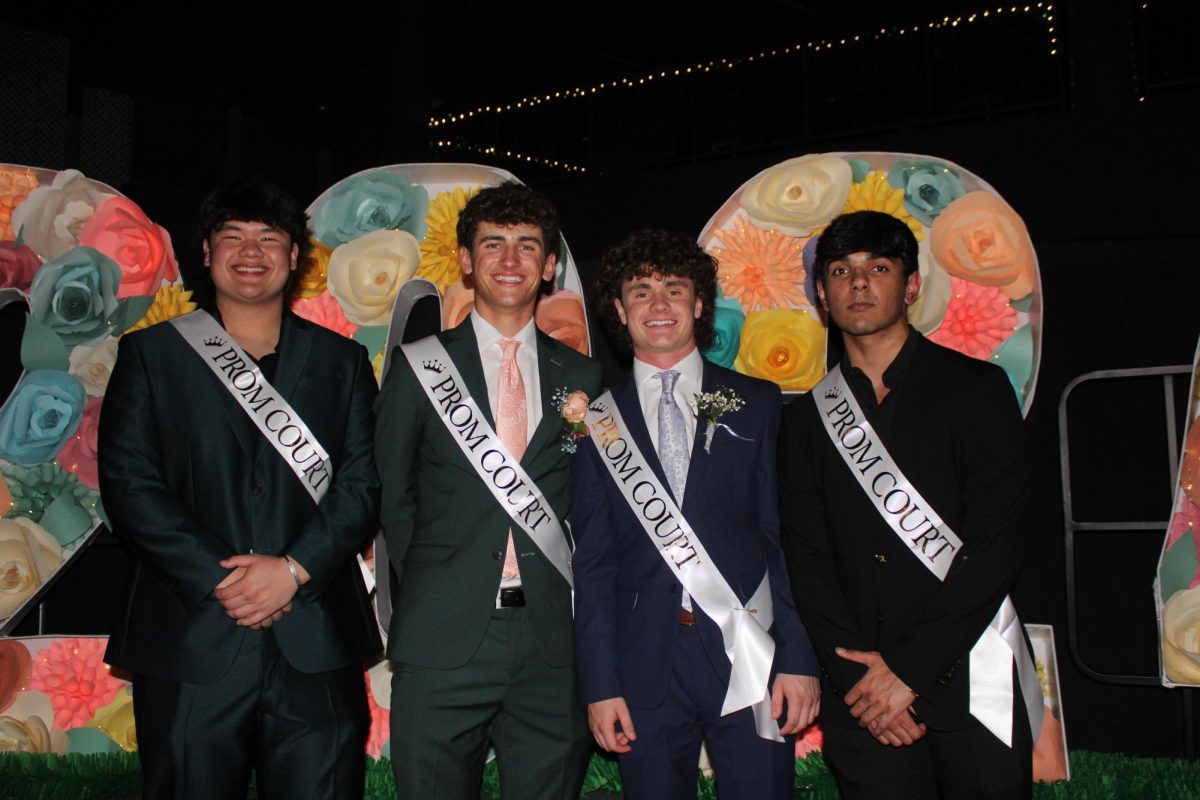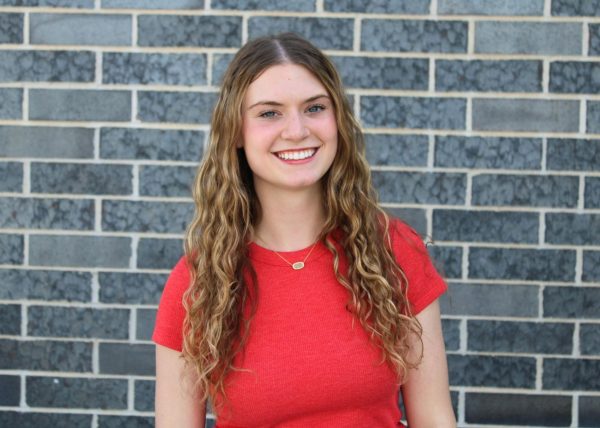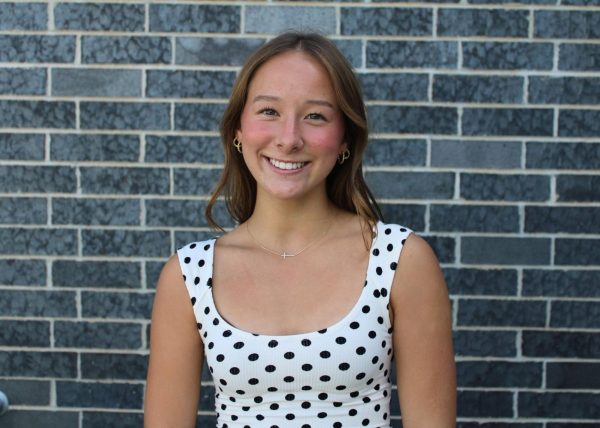The pursuit of popularity often stems from a deep-seated need for social validation. People seek approval from others in order to feel accepted and understood. Social validation can boost self-esteem and create a sense of belonging, which is why that quest for social approval plays such a large role in how individuals present themselves to the world.
However, the desire to be liked can sometimes lead people to conform to social norms or trends at the expense of their authenticity. Some may alter their behavior or opinions to fit in, striving for the approval of their peers.
“With different friends I act differently,” freshman Autumn Allen said. “I want to keep my friends in my life because I care about them and so with certain people I try to be funnier or more understanding.”
We all tend to change how we act based on the people we are around, even if it’s subconsciously. We do this so we feel more connected and to fit in, highlighting our deep desire for a sense of belonging.
“I used to dye my hair a bunch of different colors, but I stopped because I knew other people were judging and thought of me as a weird kid,” Allen said.
The pressure to fit in often makes us put on a version of ourselves that isn’t real. Eventually, we start to forget what we actually want and just focus on meeting everyone else’s expectations.
“When I was younger, I straightened my hair one time and I got all the validation,” science teacher Cheyanne Zelei said. “Then I looked in the mirror and I was like, ‘that’s not me at all’.”
Social media magnifies this effect, offering instant feedback in the form of likes, comments, and followers. The need for validation can push people to present a fake, polished image to gain popularity in place of real connections.
“I care about what people see on my posts because if they are somebody that’s well known, I want them to think I’m cool,” senior Brooklyn McGlothin said.
In reality, everyone engages in this behavior to some extent, but people don’t want to give specific examples because they don’t want to be judged.
I surveyed 175 students about what popularity means to them. The majority said that true popularity comes from qualities like kindness, empathy, and authenticity. These traits naturally attract respect and admiration because they strengthen trust and genuine relationships. People gravitate towards individuals who inspire and uplift others, rather than those who simply chase fleeting trends or approval.
“Not all popular people are bad,” freshman Polly Davies said. “Sometimes they are perceived as toxic but there are genuinely nice people that are popular for that reason.”
Some people crave the spotlight, while others just want to be accepted, and the pressure to conform can sometimes overshadow the desire for genuine friendships.
“I want real connections with people that like me for me, not just be friends with people because we all wear Lululemon,” sophomore Maddie Fredlund said.
Ultimately, we chase popularity because it feels like the only way to be seen and valued. We crave validation from others in the form of compliments and peer acceptance because these rewards trigger the release of dopamine, making you feel good and crave more. With social media we can feel this validation instantly, even if it’s only for a second. We all create fake versions of ourselves because when we’re noticed it proves we’re not invisible. It’s not about the followers or likes but instead it’s the quiet hunger to feel important and to belong. So we all continue to constantly search for something to fill the space where our self-worth should be.











